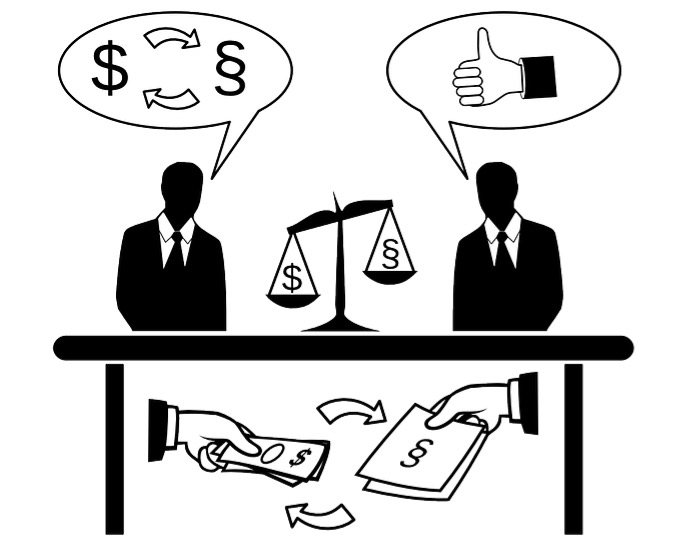Guatemalan judge recently heralded by the US State Department as a “woman of courage” says she is being attacked by her country’s Attorney General’s Office over her work on high-profile corruption cases.
In just under a week, the Attorney General’s Office has submitted two requests to lift the immunity of Judge Erika Lorena Aifán Dávila, alleging that she abused her authority by taking on cases without obtaining approval from the country’s Supreme Court (Corte Suprema de Justicia – CSJ), which assigns major cases to top-level judges, according to press statements released January 13 and 18. Canceling her immunity would leave Aifán vulnerable to arrest and prosecution.
Aifán denied the allegations, saying she is being “criminalized” for her work on major cases as a judge on Guatemala’s court of High Risk (Mayor Riesgo). These cases include a corruption probe implicating some of the country’s most notorious political operators, as well as a controversial investigation into a prominent journalist.
“I have not committed any crime,” Aifán told InSight Crime, adding that the moves by the Attorney General’s Office violate protection measures ordered by the Inter-American Commission on Human Rights (Comisión Interamericana de Derechos Humanos – CIDH).
The regional commission, part of the United Nations, told “the Guatemalan State that the harassment against me should cease,” said Aifán, who has received threats in the past.
A spokesperson for the Attorney General’s Office told InSight Crime the office has “solid and conclusive” evidence to back up its allegations, adding that it has “at no time threatened [Aifán’s] judicial independence.”
The moves against Aifán drew backlash at home and abroad. In a statement, the Federation of Central America Judges for Democracy (Federación Centroamericana de Juezas y Jueces por la Democracia – FECAJUD), a regional association, expressed concerns about “spurious accusations” aimed at harassing judges, and pointed to a systematic attempt to derail corruption cases.
The US State Department described the recent actions by the Attorney General’s Office as “a blatant effort to obstruct investigations into corruption and an affront to the integrity of Guatemala’s highest courts.”
In 2021, the State Department awarded Aifán an International Women of Courage Award, recognizing her work on corruption and war crimes cases despite facing threats of violence. “She has become an icon in Guatemala in the fight against corruption, efforts to increase transparency, and actions to improve independence in the justice sector,” the State Department wrote in its announcement of the award.
With many anti-corruption prosecutors now out of the picture, Aifán stands out as the first top-level judge targeted by forces within the Attorney General’s Office. The attack imperils the rule of law and further erodes withering anti-impunity efforts.
The most prominent attack came last year with the dismissal of top anti-impunity prosecutor Juan Francisco Sandoval, who is exiled in the United States after a court issued a warrant for his arrest for alleged breach of duty and obstruction of justice. The Attorney General’s Office has also carried out internal reshuffles to remove certain prosecutors from significant corruption cases.
The move will likely exacerbate tensions between Washington and Guatemala. The State Department has already sanctioned Guatemalan Attorney General Consuelo Porras, accusing her of obstructing investigations. Other top US officials have repeatedly expressed concern about Porras’ actions.
Aifán’s fate now lies with Guatemala’s Supreme Court, which will decide whether to uphold or reject the Attorney General’s Office request to lift her immunity. The Supreme Court has a checkered record in such decisions. In recent years, judges have shielded politicians accused of corruption at risk of losing immunity, including prominent legislators and former President Jimmy Morales.
.
By Alex Papadovassilakis, January 19, 2022, Published on InSight Crime






